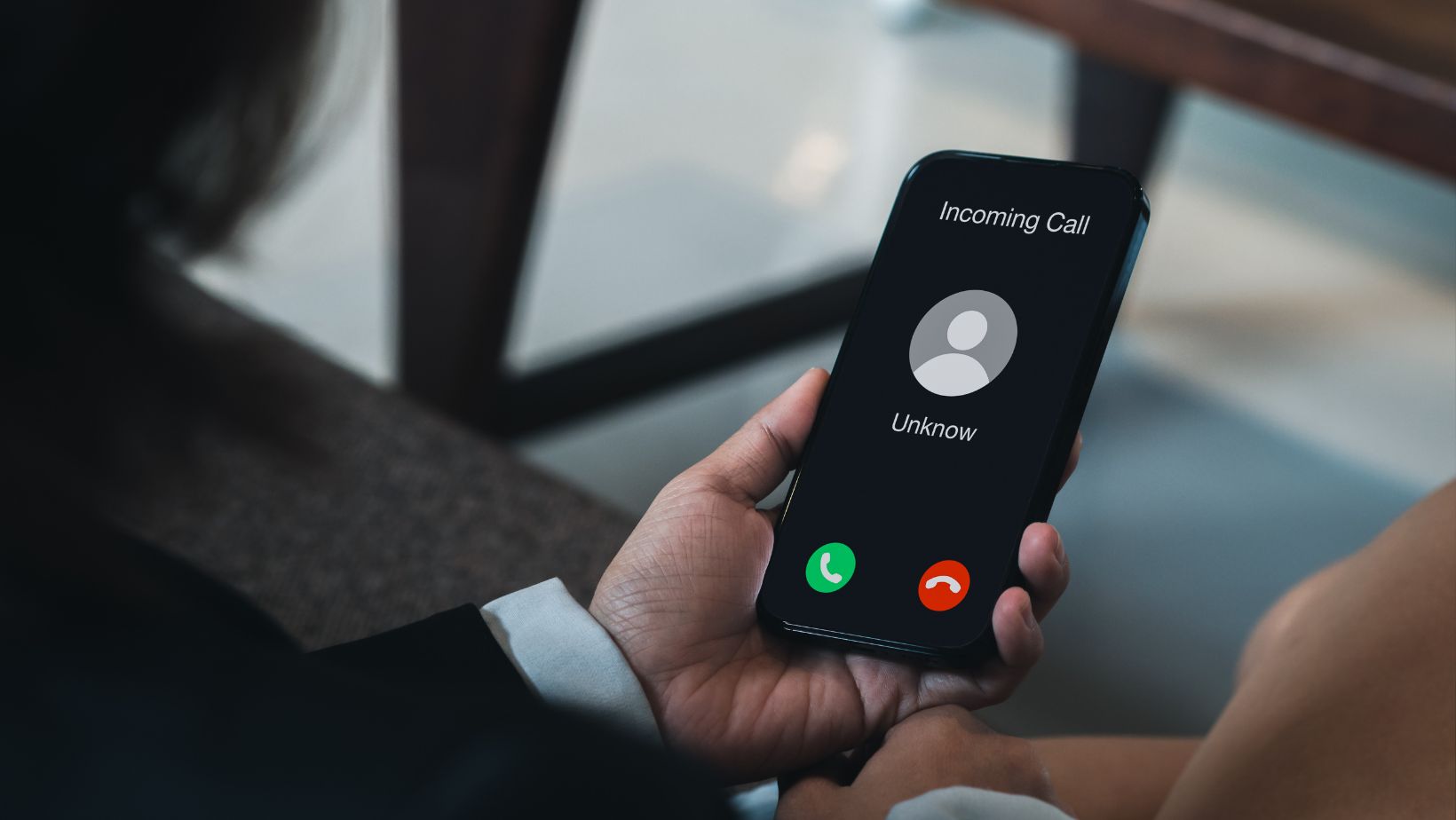Table of Contents
Toggle5033869494
Have you ever received a call from the number 5033869494, only to be greeted by a robotic voice trying to sell you insurance? If so, you’re not alone. This persistent and annoying robocall has been plaguing phone users across the country, leaving many of us frustrated and wondering how to stop it. In this article, I’ll delve into the details of this notorious 5033869494 insurance robocall, exploring its origins, its tactics, and most importantly, how you can protect yourself from falling victim to its unwanted solicitations. So, if you’re tired of receiving these intrusive calls, keep reading to find out everything you need to know about the 5033869494 insurance robocall and how to put an end to it once and for all.
What is a 5033869494 Insurance Robocall?
If you’ve ever received a call from the number 5033869494, chances are you’re all too familiar with the frustrating experience of a robocall. These automated calls have become an increasingly annoying problem for phone users across the country. In the case of the 5033869494 insurance robocall, the caller attempts to sell insurance policies to unsuspecting individuals.
A robocall is a phone call made by an automated system instead of a live person. It uses pre-recorded messages to deliver a specific set of information or to promote a product or service. While some robocalls may be legitimate, many are unwanted and often used for illegal or deceptive purposes.
The 5033869494 insurance robocall is one of the notorious examples of such unwanted solicitations. It bombards individuals with unsolicited calls, attempting to convince them to purchase insurance without their consent or desire. These calls can be persistent and frequent, causing frustration and wasting valuable time.
Why am I Receiving These Calls?
Your Phone Number May Have Been Sold or Leaked
Many individuals wonder why they are receiving persistent and annoying calls like the “5033869494 insurance robocall”. One possibility is that your phone number may have been sold or leaked to telemarketers. There are numerous ways in which this can occur, such as when you provide your number to various entities like retailers or online platforms. Unfortunately, these businesses may sometimes sell your information to third parties without your consent. This practice is not only unethical but also contributes to the proliferation of unwanted calls.
You May Have Unknowingly Provided Your Number to a Telemarketer
Another reason for receiving these calls is that you may have unknowingly provided your number to a telemarketer or an entity that eventually collected and shared your information. Sometimes, through online forms, surveys, or sweepstakes, we unknowingly provide our contact information, including phone numbers. It is essential to be cautious and vigilant when sharing personal details, especially with unfamiliar or untrustworthy sources.
The Caller is Using Auto-dialing Software
It is also worth noting that the “5033869494 insurance robocall” and similar calls are often made using auto-dialing software. This software allows the caller to make a large number of calls in a short period of time. It is an efficient way for scammers and telemarketers to reach a wide audience and increase their chances of finding potential victims. The automation aspect of these calls also makes them more persistent and difficult to block or avoid.

Steps to Protect Yourself From 5033869494 Insurance Robocalls
Register Your Number on The National Do Not Call Registry
One of the most effective ways to reduce the number of unwanted telemarketing calls, including the persistent and annoying 5033869494 insurance robocalls, is to Register your number on the National Do Not Call Registry. This free service, managed by the Federal Trade Commission (FTC), allows you to opt out of receiving telemarketing calls from legitimate companies.
To register your number, visit the National Do Not Call Registry website and follow the simple steps to add your phone number. Once registered, telemarketers are prohibited from calling you, unless you have an existing business relationship with them or you have given them prior consent to call you.
Be Cautious When Sharing Your Phone Number Online
Another way that telemarketers may have obtained your number is through online sources. When filling out forms or signing up for services online, it’s important to be cautious about sharing your phone number. Think twice before providing your number, and make sure you are comfortable with the company or website’s privacy policy and how they handle your information.
Additionally, avoid posting your phone number on public forums or social media profiles. Remember, the more public your number is, the higher the chances of it being captured and used for unwanted telemarketing calls.
Use Call-Blocking Services or Apps
If you find yourself constantly receiving 5033869494 insurance robocalls or any other unwanted calls, consider utilizing call-blocking services or apps. These tools can help filter out unwanted calls, allowing you to maintain peace and privacy.
There are a variety of call-blocking options available, ranging from built-in features on newer smartphones to third-party apps specifically designed to block unwanted calls. Research and find the best option that suits your needs and device.
Conclusion
Protecting yourself from persistent and annoying insurance robocalls, like the “5033869494 insurance robocall,” is crucial in today’s digital age. By following a few simple steps, you can reduce the frequency of these unwanted calls and safeguard your personal information. Remember, it’s important not to engage with the caller. Instead, focus on identifying and reporting the “5033869494 insurance robocall” to the appropriate authorities, such as the National Do Not Call Registry, the Federal Trade Commission (FTC), and the Federal Communications Commission (FCC). By doing so, you contribute to the collective effort in combating illegal telemarketing practices and protecting others from potential scams.






